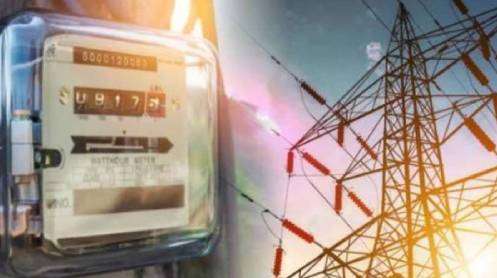KARACHI: The Public Accounts Committee (PAC) of the Sindh Assembly has ordered K-Electric to start paying the Sindh government between Rs500 million to Rs700 million monthly from electricity duty collections, effective retroactively from September 2024.
The directive follows a dispute over Rs32 billion that K-Electric has collected from consumers under electricity duty but has yet to transfer to the provincial government. The PAC, chaired by Nisar Khuhro, ruled that the monthly payments must continue until the issue is resolved, including KE’s pending receivables of Rs23.5 billion from the Karachi Water and Sewerage Corporation (KWSC) and Rs7.4 billion from Sindh government departments.
K-Electric has agreed to the monthly payments on the condition that full settlement of the Rs32 billion is tied to the recovery of these dues. However, the PAC rejected any such conditions, warning that non-compliance could result in financial penalties and criminal charges.
PAC members criticized KE for withholding funds while continuing to collect a 6% electricity duty from Karachi’s 6.5 million households. KE spokesperson Sadia Dada noted that while the utility has been operating at a loss, it still managed to transfer Rs721 million in April and Rs545 million in May to the Sindh government.
Khuhro emphasized that KE has no legal authority to retain government dues and declared its actions unconstitutional. Committee member Qasim Siraj Soomro also dismissed KE’s stance as illegal and warned that the utility is not above the law.
Meanwhile, KWSC shifted responsibility for its Rs23.5 billion in dues to the federal government, citing agreements made in 2005 and 2009 that committed the federal government to cover liabilities for strategic consumers. However, the Sindh government and KWSC were not party to these deals.
The PAC has now referred the entire matter to the Sindh cabinet for resolution and reiterated that KE must begin the monthly payments without delay. Khuhro concluded by warning that failure to comply would result in contempt proceedings and potential criminal action.







